- ABOUT HKIHSSABOUT HKIHSS
- PEOPLE
- NEWS & EVENTSNEWS & EVENTS
- RESEARCHRESEARCH
- FELLOWSHIPS & GRANTSFELLOWSHIPS & GRANTS
- TEACHING
- PUBLICATIONSPUBLICATIONS
DATE: May 30, 2019
TIME: 5:00 pm – 6:30 pm(UTC+08:00)
VENUE:Lecture Hall, G/F, May Hall, The University of Hong Kong
SPEAKER: Dr. Jakob Klein
ABSTRACT: Under the slogan of ensuring national self-sufficiency in grain, since 2015 the Chinese Ministry of Agriculture has pursued a policy of transforming the white potato (Solanum tuberosum) into a new national staple crop and staple food, to support the established staples of rice, wheat and maize. Implementing the policy relies heavily on state promotion of the agro-food industries and increased techno-scientific interventions in potato production and processing, including the development and dissemination of high-yielding potato varieties and industrial potato foods, the latter ranging from packaged noodles and steamed breads to potato crisps and frozen fries. However, in the state-backed media used to popularize potato consumption, including television documentaries, cookbooks, popular science books and potato festivals, the role played by science and technology is ambiguous. While sometimes celebrated, more often techno-scientific interventions are downplayed or even obscured in favour of an emphasis on regional food traditions, craft production, culinary skill and nutritional health. In this lecture, I explore the disjunctions and alignments between the potato’s industrialization and its representations in consumer-oriented promotions and ask what these might tell us about the challenges of using technology to transform an indigenized but marginalized, New World crop into a modern East Asian staple food. First, I consider the material qualities of the Andean tuber and how these have shaped the role it has come to play in Chinese foodways. Introduced in the late Ming and widespread by the late Qing, it is predominantly eaten as a freshly cooked food in the form of side dishes or snacks. However, its popularity is regionally varied and its consumption as the core staple of a meal limited and often associated with conditions of severe poverty, especially in mountainous, inland areas. While some promotional media attempt to raise the status of these inland areas and their ‘potato cultures’, the food industries have often focused on rendering the potato less apparent through methods of making traditional-style staple foods by substituting potato flour for wheat or rice flour. Second, I explore the nutritional claims made about the potato and the possible tensions between these and the development of new, industrial potato foods. Third, interrogating claims that the critique of industrial foods and perceived dichotomy between ‘industrial’ and ‘traditional’ foods is more typical of European than Chinese modernity, I explore whether potato promotions may bespeak a growing anxiety in the PRC surrounding industrial foods in the wake of recent food safety scandals. As I will develop in the lecture, attempts to transform the potato into a modern, ‘Chinese’ staple food have involved a complex interplay between techno-scientific interventions and cultural representations and inventions.
ENQUIRY: (852)3917 5007/mmea@hku.hk
DATE: May 30, 2019
TIME: 5:00 pm – 6:30 pm(UTC+08:00)
VENUE:Lecture Hall, G/F, May Hall, The University of Hong Kong
SPEAKER: Dr. Jakob Klein
ABSTRACT: Under the slogan of ensuring national self-sufficiency in grain, since 2015 the Chinese Ministry of Agriculture has pursued a policy of transforming the white potato (Solanum tuberosum) into a new national staple crop and staple food, to support the established staples of rice, wheat and maize. Implementing the policy relies heavily on state promotion of the agro-food industries and increased techno-scientific interventions in potato production and processing, including the development and dissemination of high-yielding potato varieties and industrial potato foods, the latter ranging from packaged noodles and steamed breads to potato crisps and frozen fries. However, in the state-backed media used to popularize potato consumption, including television documentaries, cookbooks, popular science books and potato festivals, the role played by science and technology is ambiguous. While sometimes celebrated, more often techno-scientific interventions are downplayed or even obscured in favour of an emphasis on regional food traditions, craft production, culinary skill and nutritional health. In this lecture, I explore the disjunctions and alignments between the potato’s industrialization and its representations in consumer-oriented promotions and ask what these might tell us about the challenges of using technology to transform an indigenized but marginalized, New World crop into a modern East Asian staple food. First, I consider the material qualities of the Andean tuber and how these have shaped the role it has come to play in Chinese foodways. Introduced in the late Ming and widespread by the late Qing, it is predominantly eaten as a freshly cooked food in the form of side dishes or snacks. However, its popularity is regionally varied and its consumption as the core staple of a meal limited and often associated with conditions of severe poverty, especially in mountainous, inland areas. While some promotional media attempt to raise the status of these inland areas and their ‘potato cultures’, the food industries have often focused on rendering the potato less apparent through methods of making traditional-style staple foods by substituting potato flour for wheat or rice flour. Second, I explore the nutritional claims made about the potato and the possible tensions between these and the development of new, industrial potato foods. Third, interrogating claims that the critique of industrial foods and perceived dichotomy between ‘industrial’ and ‘traditional’ foods is more typical of European than Chinese modernity, I explore whether potato promotions may bespeak a growing anxiety in the PRC surrounding industrial foods in the wake of recent food safety scandals. As I will develop in the lecture, attempts to transform the potato into a modern, ‘Chinese’ staple food have involved a complex interplay between techno-scientific interventions and cultural representations and inventions.
ENQUIRY: (852)3917 5007/mmea@hku.hk
Title:
Popularizing Potatoes: Technology and Tradition in the Creation of a National Chinese Staple
Speaker:
Dr. Jakob Klein (Senior Lecturer, Social Anthropology, SOAS, University of London)
Date:
May 30, 2019
Time:
5:00 pm – 6:30 pm
Venue:
Lecture Hall, G/F, May Hall, The University of Hong Kong (Map)
Language:
English
Enquiry:
(Tel) (852) 3917-5007
(Email) mmea@hku.hk
This is an event organized by the CRF Project “Making Modernity in East Asia: Technologies of Everyday Life, 19th – 21st Centuries” (RGC CRF HKU C7011-16G).
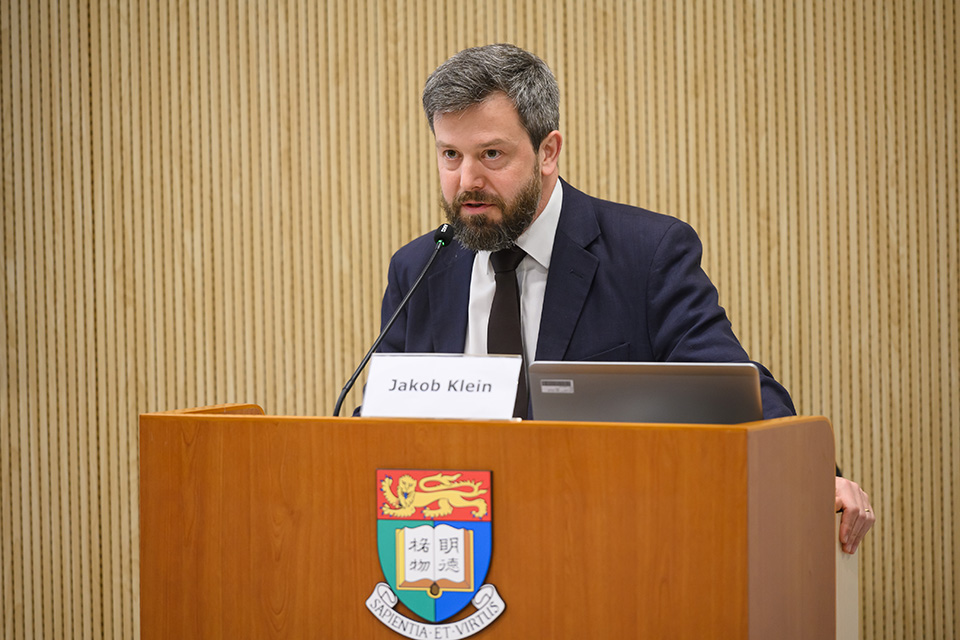
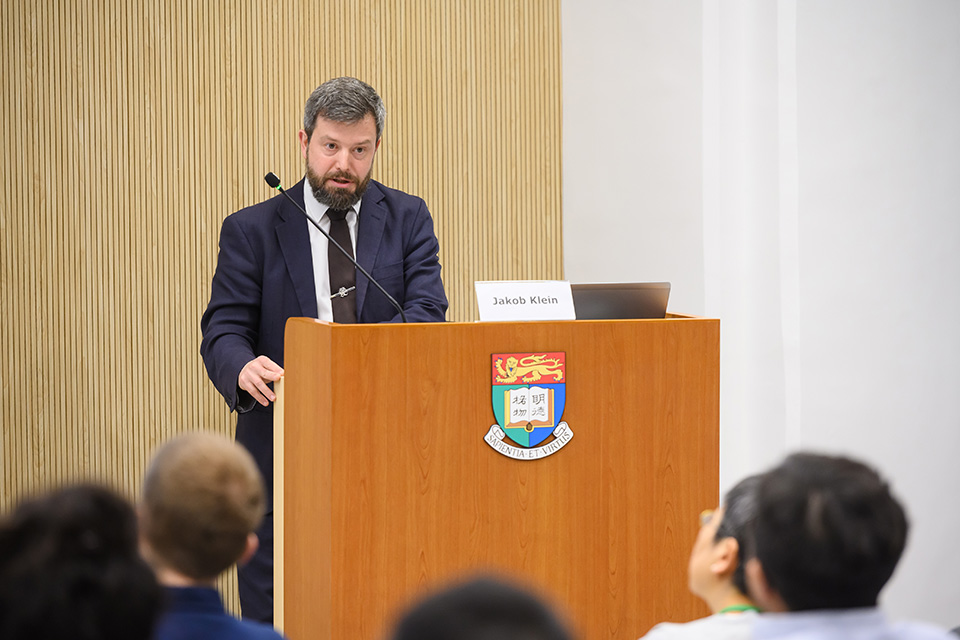
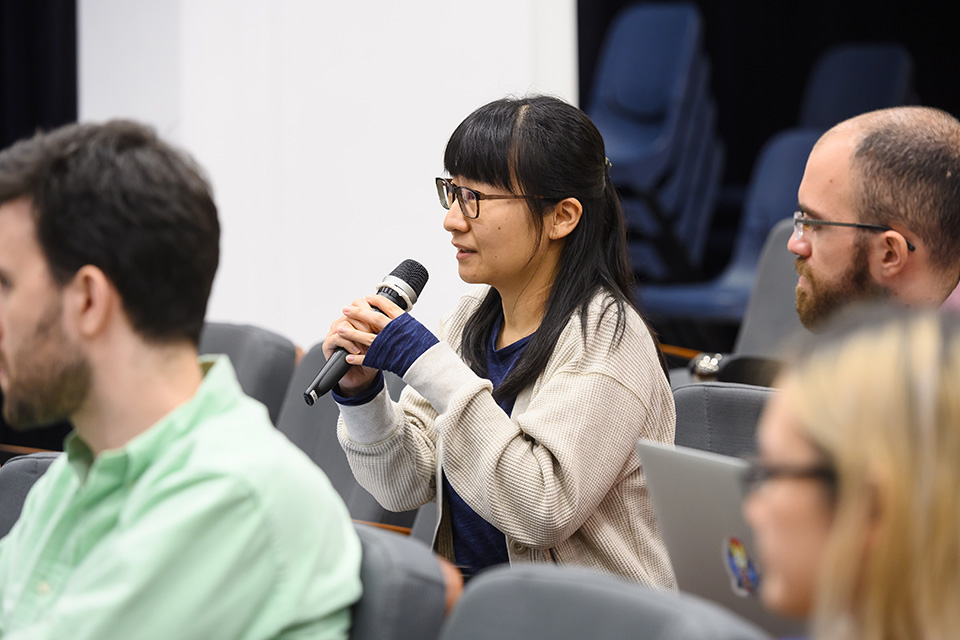
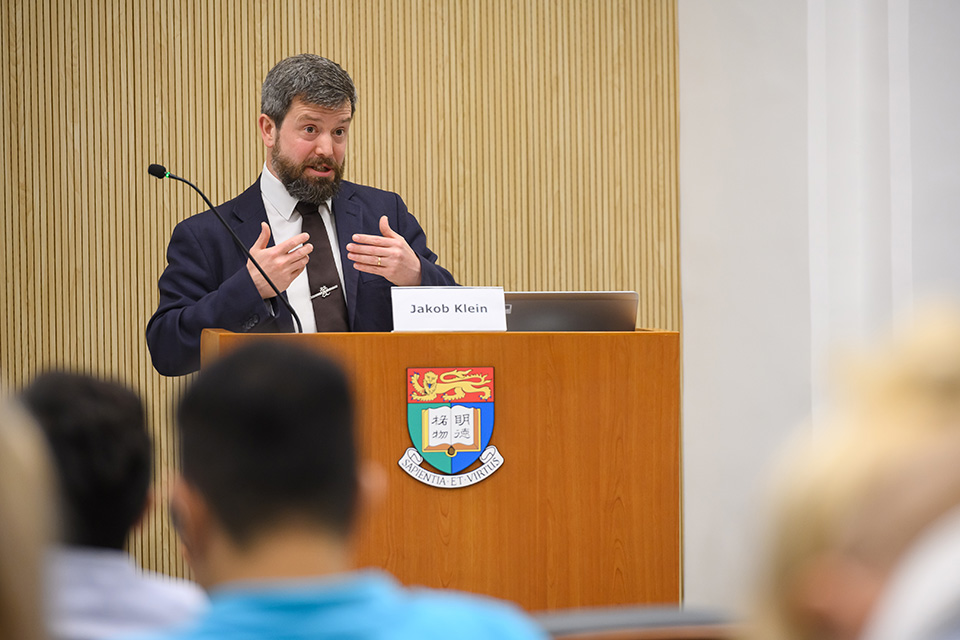
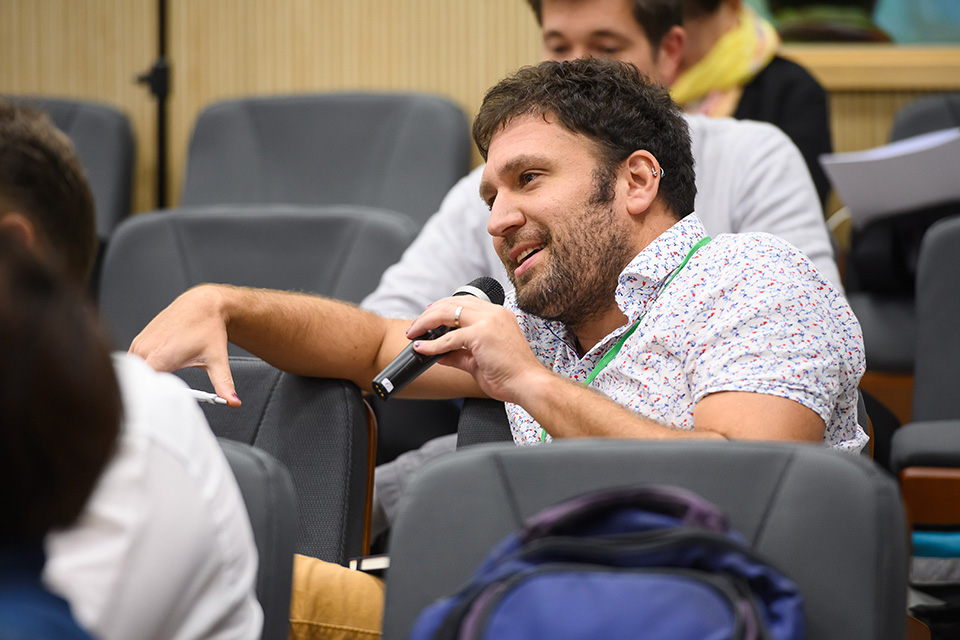
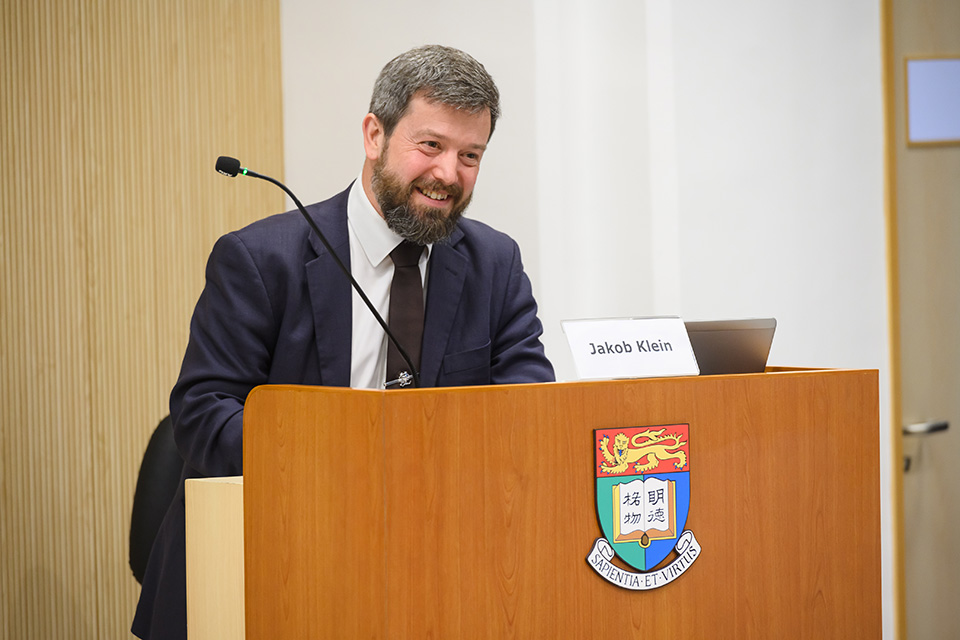
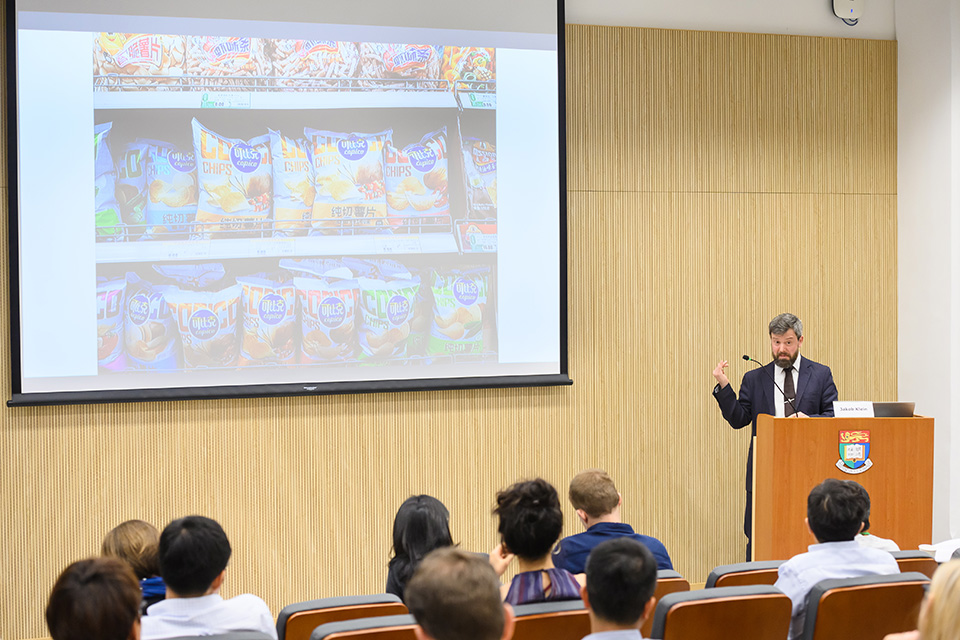
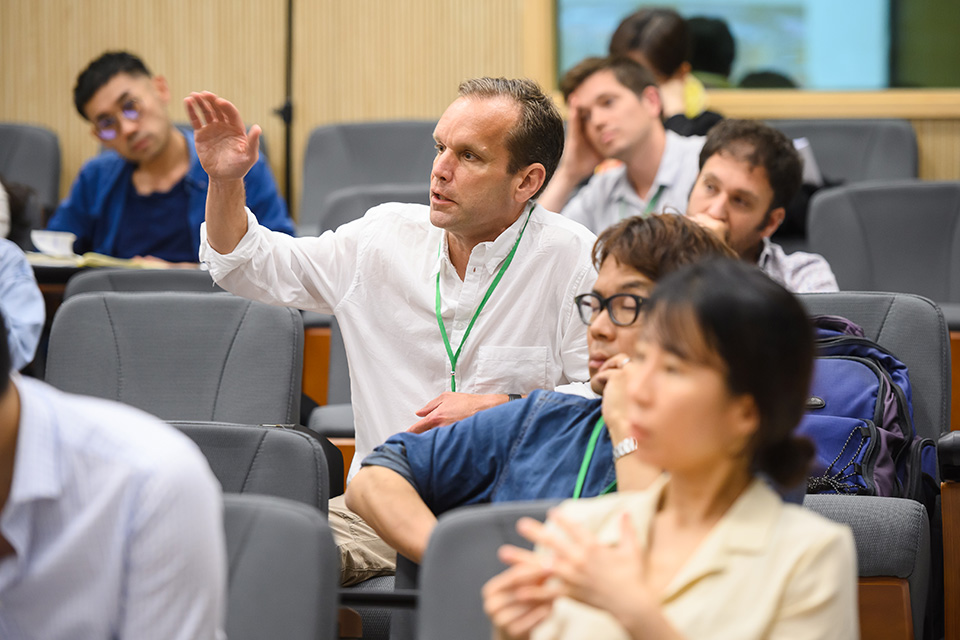
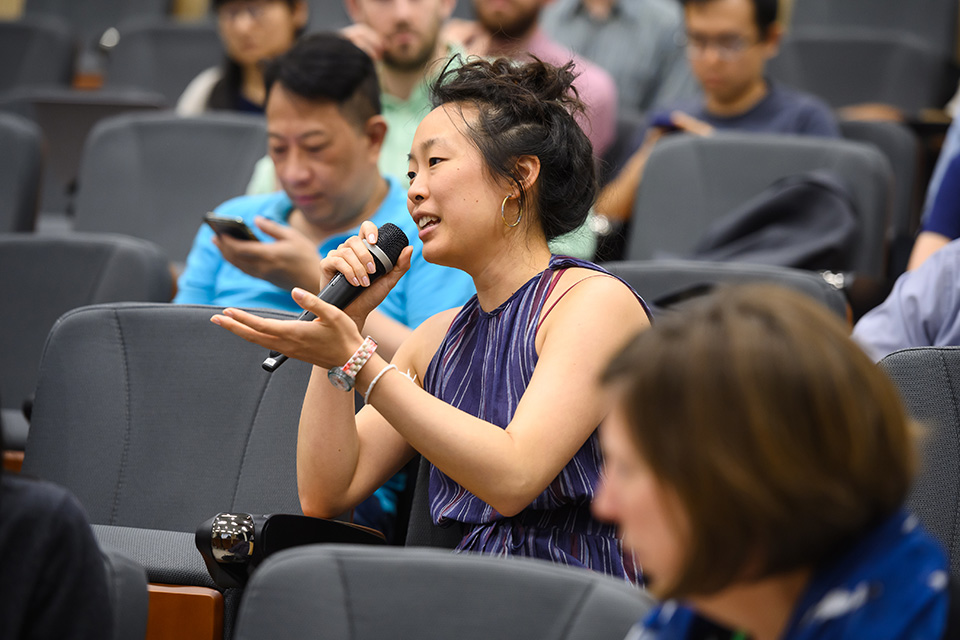
Copyright © 2023 Hong Kong Institute for the Humanities and Social Sciences, The University of Hong Kong. All Rights Reserved.